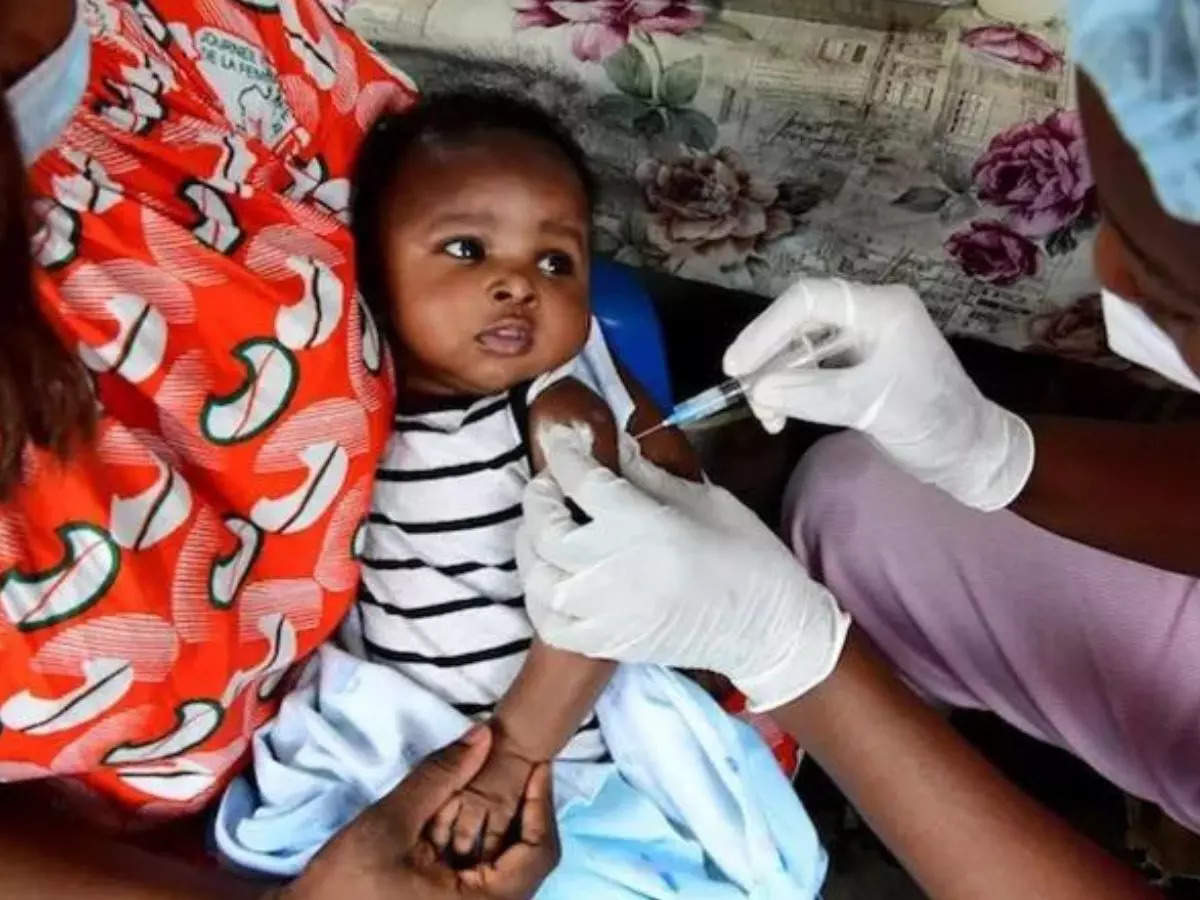
New Delhi: There has been a flawed comparison with countries having high burden zero dose children in the 2023 WHO/ UNICEF report on estimates of national immunisation coverage as it has not taken into consideration India’s population and high vaccination coverage, Union Health Minister J P Nadda told Parliament on Friday. As a percentage, zero dose or unvaccinated children account for 0.11 per cent of the country’s total population, he told Lok Sabha.
Responding to a question, Nadda said the government is aware of the 2023 report of World Health Organisation/UNICEF Estimates of National Immunisation coverage (WUENIC) on India’s position on zero dose children.
“However, there has been a flawed comparison with countries having high burden zero dose children as it has not taken into consideration India’s population and high vaccination coverage,” Nadda said.
With continued efforts, there has been a commensurate decrease in drop out percentage from DTP-1 to DTP-3 from 7 per cent in 2013 to 2 per cent in 2023 and increased coverage of measles from 83 per cent in 2013 to 93 per cent in 2023, he stated.
From a figure of 26 lakh zero dose children in 2013, the number of unvaccinated children has dropped to 16 lakh zero dose children in 2023, according to the WUENIC report.
The vaccination coverage of over 90 per cent for most antigens covered under the programme is also at par with many high-income countries. India’s 83.46 per cent exceeds the global vaccine coverage average (72.77 pc) for WHO recommended vaccines.
Comparatively, Nigeria has achieved a DPT1 coverage of only 70 per cent as against 93 per cent for India (WUENIC 2023), Nadda said.
Given the large population size, our country has the highest cohort of vaccinated children — 2.5 crore children out of the cohort of 2.6 crore with Full Immunisation Coverage at 93.5 per cent for FY 2023-24 and 1.3 crore vaccination sessions.
India’s immunisation programme is the largest public health initiative globally. The government has taken several measures in coordination with the states and Union Territories (UTs) to ensure that all eligible children receive missed or due doses of vaccines, the Union minister said.
Zero Dose Implementation Plan 2024 has been developed for 143 districts in 11 states with a high number of unvaccinated children, Nadda stated.
Mission Indradhanush (MI) and Intensified Mission Indradhanush (IMI) are special vaccination campaigns conducted in collaboration with states having high number of unvaccinated children.
Till 2023, 12 phases of MI or IMI have been conducted where 5.46 crore children and 1.32 crore pregnant women have been vaccinated.
Besides, National Immunisation days (NIDs) and Sub National Immunisation days (SNIDs) for Pulse Polio programme are special vaccination campaigns carried out every year.
India has been maintaining polio free status since 2014 onwards.
VHND (Village Health and Nutrition Day) on designated days for immunisation activities are hosted.
State Task Force on Immunisation (STFI), District Task Force on Immunisation (DTFI) and Block Task Force on Immunisation (BTFI) ensure effective implementation of the drives that are regularly taken, Nadda said.
Regular information, education and communication campaigns are held. The Ministry of Health and Family Welfare has also developed the UWIN portal for the registration and recording of all vaccination events of children and pregnant women, Nadda stated.







